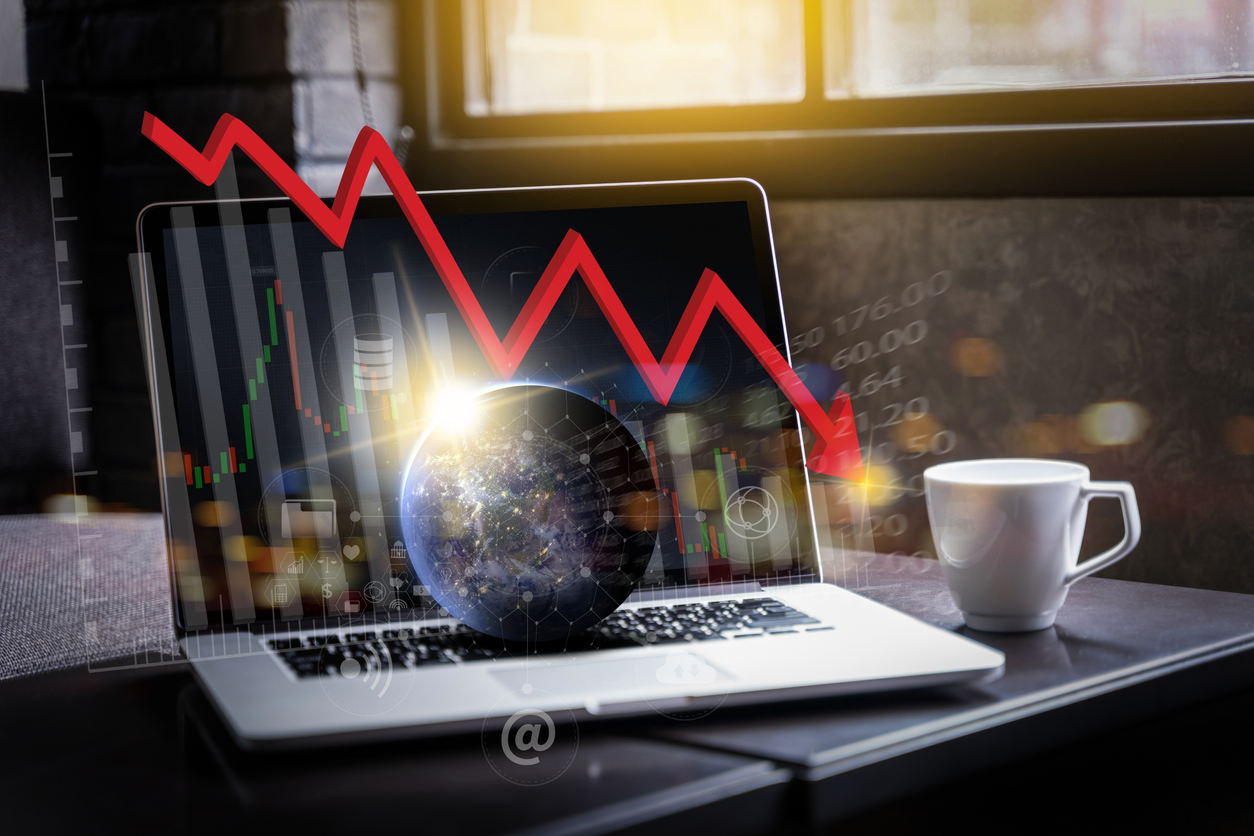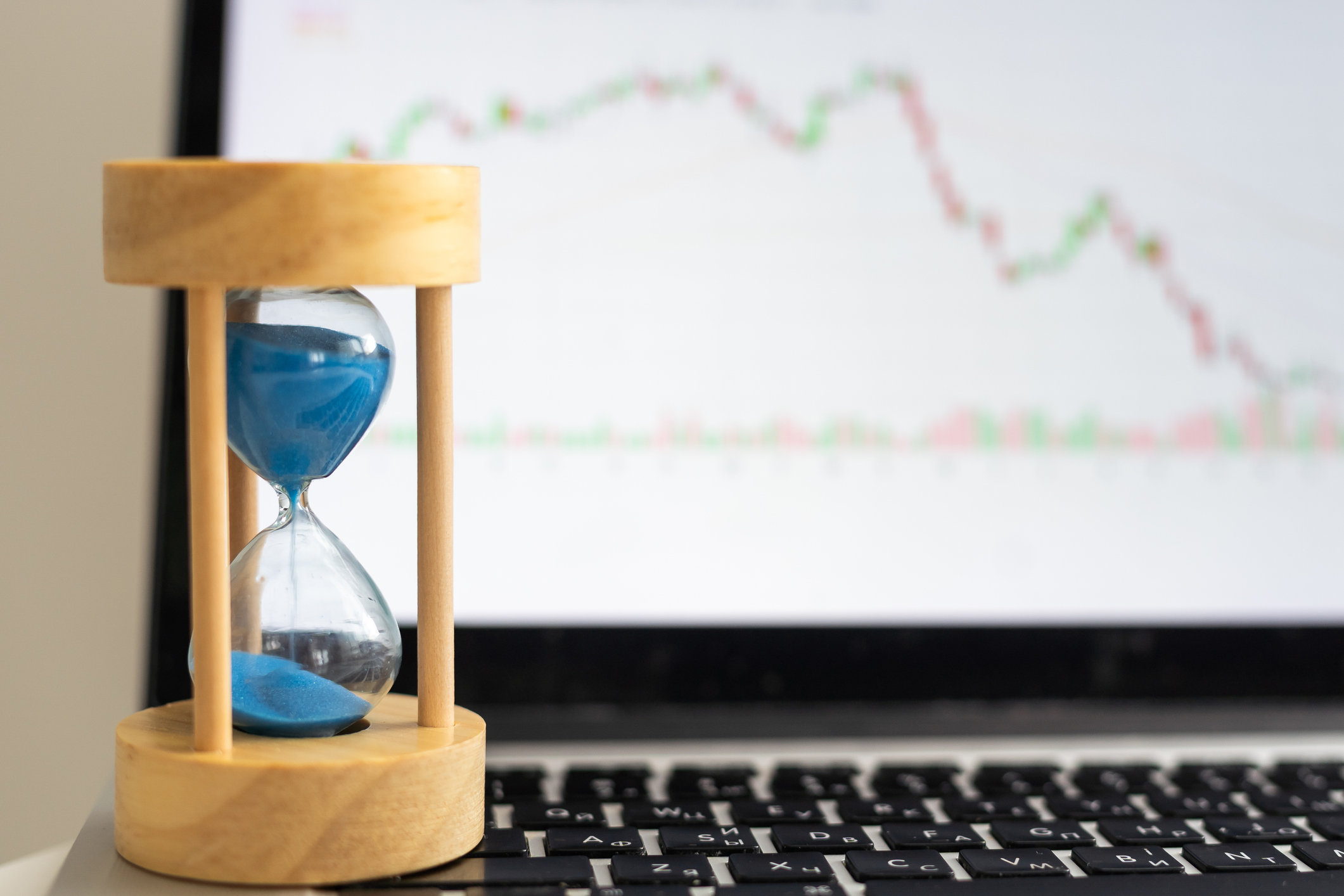
15 years ago the markets began to recover from the most severe economic crisis since the Great Depression. The Global Financial Crisis resulted in many jobs lost, stock markets losing half their value, and the personal and psychological toll was significant.
The GFC was the greatest test of investor fortitude this generation has experienced. Many well-intentioned investors sold stocks as the market went down. Every experience, whether positive or negative, is an opportunity to learn from the past and make better decisions for our future.
How Much Gain Did You Experience?
Since the market hit bottom in March 2009, the S&P 500 Index is up over 800% or 15.9% per year.1 How much of that gain did you experience? The only way investors didn’t participate in all the gains of the recovery was because they sold when markets went down. In fact, that’s what the average investor did. But we want to be better than average.
Selling during scary and uncertain times usually is referred to as “getting to safety.” While getting to safety provides an immediate psychological benefit, it often results in a very real financial cost. Next time you feel the need to “get to safety” perhaps it can be re-framed as “reducing my future return.” Because no one sells and gets back in at the bottom. The only way to participate in all the gains of the market is to ride out all the temporary losses that come along the way.
Sage Advice for the Future
Howard Marks, a well-respected investor and hedge fund manager, gave great advice to help investors capture market gains. He said,
“Our performance doesn’t come from what we buy or sell. It comes from what we hold. So the main activity is holding, not buying and selling.”
When markets are scary, uncertain, and the outlook is dire, the natural reaction is to sell. But the best response and main activity for long-term investors is to hold. That won’t be easy, but that is why you have me! Our focus, energy, and efforts are in holding through the inevitable and occasional difficult economic periods so we can participate in the wealth-creating power of the stock markets.
– Scott
1. S&P 500 Index from 03/2009-02/2024. Performance includes reinvestment of dividends. The Standard & Poor’s 500 Index is a capitalization weighted index of 500 stocks designed to measure performance of the broad domestic economy through changes in the aggregate market value of 500 stocks representing all major industries. All indices are unmanaged and may not be invested into directly.








